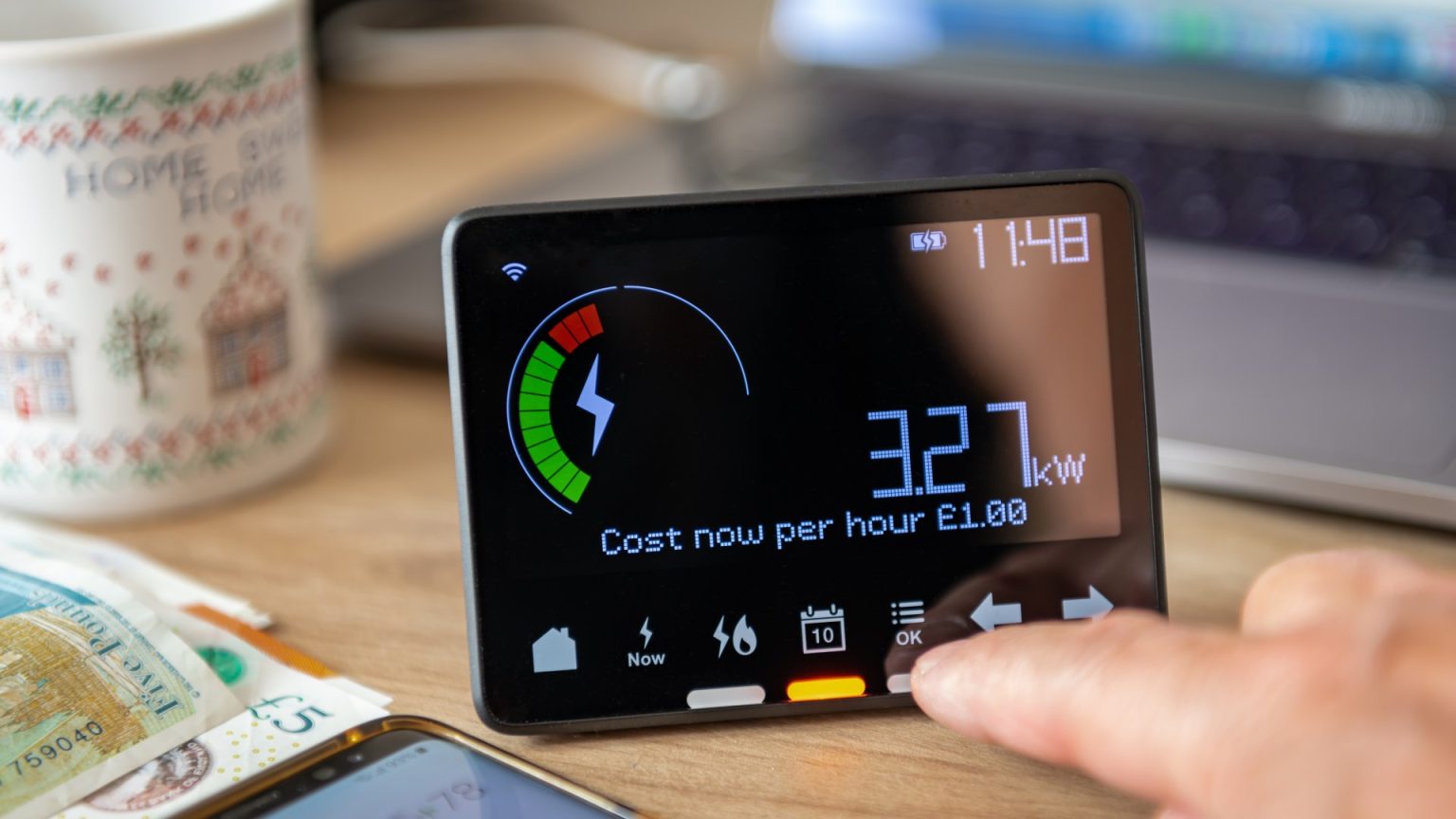Smart meters, digital devices designed to transmit energy consumption data directly to suppliers, have become the center of a privacy debate in the UK. While proponents highlight their potential to help consumers monitor and reduce energy usage, critics raise concerns about the intrusive nature of data collection and the potential for misuse. The government’s proposal to expand data sharing with third-party companies has further fueled these concerns, with some warning of a potential “spying” risk. This proposal aims to leverage consumer data to foster competition and potentially lower energy prices, but skepticism remains about the balance between consumer benefit and data privacy.
The core of the debate revolves around the extent of data collected by smart meters. These devices provide detailed insights into household energy consumption patterns, potentially revealing lifestyle habits and daily routines. While this information can empower consumers to manage their energy usage more effectively, it also raises concerns about the potential for this data to be exploited for commercial gain or other purposes without explicit consent. Critics argue that the granular nature of the data collected, combined with its potential to be aggregated and analyzed, poses a significant threat to individual privacy.
The government’s justification for expanding data sharing focuses on improving market competition and potentially reducing energy bills. By allowing third-party companies access to consumption data, they envision a more dynamic market where tailored energy plans and innovative services can be offered to consumers. This, in theory, could lead to greater choice and lower prices. However, concerns remain about the potential for data misuse, particularly if adequate safeguards are not in place. Critics question whether the potential benefits justify the risks associated with sharing such sensitive information with a broader range of entities.
The ongoing transition to smart meters has been further complicated by the impending shutdown of the Radio Teleswitch Service (RTS). This older technology, used for multi-rate tariffs, is set to be discontinued, prompting a rush to replace RTS meters with smart meters. This accelerated timeline has added pressure on consumers to adopt the new technology, potentially exacerbating concerns about the lack of choice and control over their data. The tight deadline also raises concerns about potential disruptions for those who haven’t transitioned by the cutoff date, including potential interruptions to heating and hot water.
The government insists that any data sharing will be subject to strict regulations and require explicit consumer consent. They emphasize that the proposed data-sharing scheme is still in the exploratory phase, with a call for evidence to assess the need for such a scheme and the appropriate safeguards. They maintain that consumer protection and data privacy are paramount considerations in the development of any potential data-sharing framework. However, critics argue that the existing regulatory framework may not be sufficient to protect against the potential risks associated with widespread data sharing.
The debate over smart meter data highlights the complex tension between individual privacy and the potential benefits of data-driven innovation. While smart meters offer the potential for improved energy management and market efficiency, the granular data they collect raises legitimate concerns about privacy intrusions. The government’s proposal to expand data sharing further complicates this issue, underscoring the need for a robust regulatory framework that protects consumer data while fostering innovation and competition in the energy market. The ongoing discussion will require careful consideration of both the potential benefits and the inherent risks associated with sharing sensitive consumer data. Transparency, consumer control, and robust security measures are crucial to building trust and ensuring responsible use of this valuable information.




